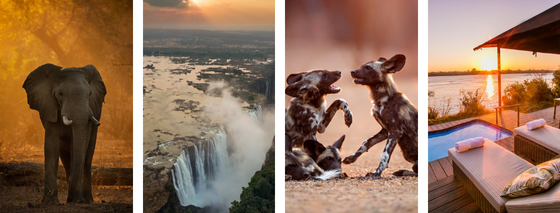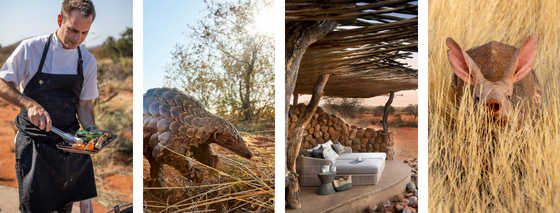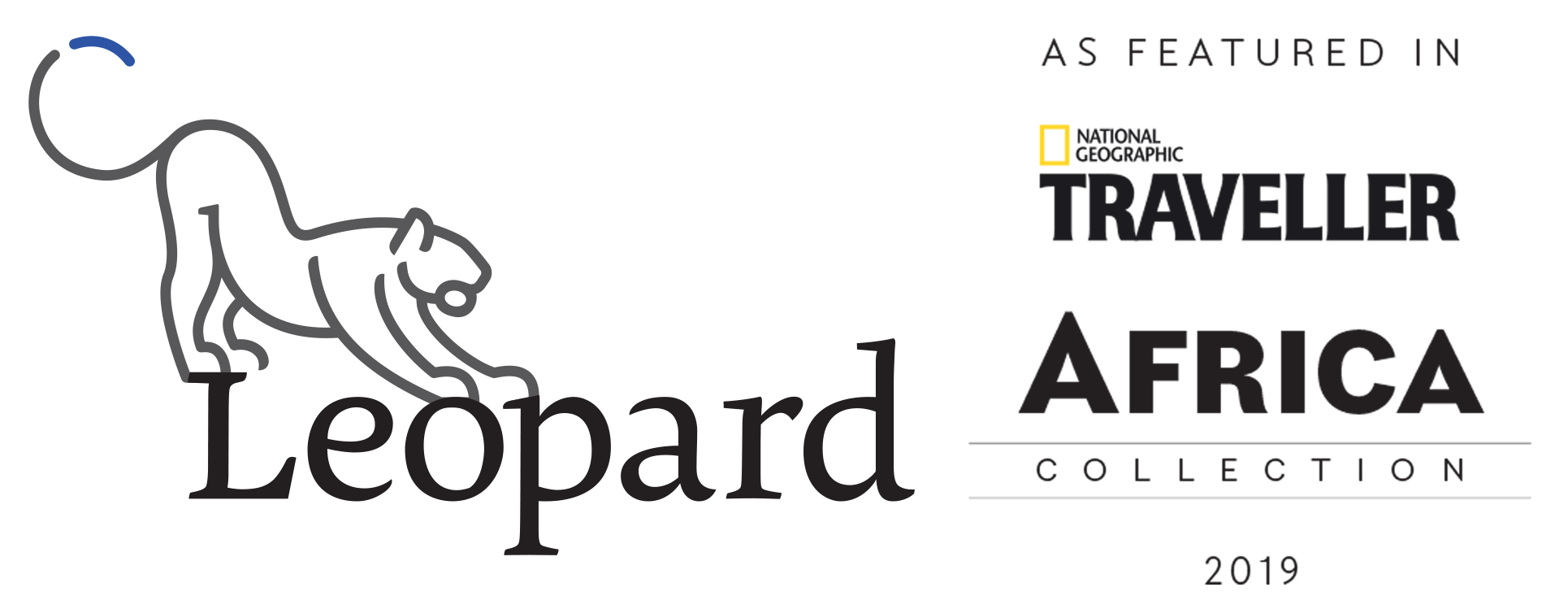Africa vs Asia: Why luxury African travel costs more and why it’s worth it
A luxury holiday in Africa often comes with a higher price tag than an equally high-end Asian experience. The difference can be striking for travellers comparing five-star beach resorts in Thailand with safari lodges in Botswana. But there are good reasons why Africa costs more—and why it’s worth every cent.
Remote locations
Unlike many Asian luxury destinations, which are well-connected by major international airports and extensive road networks, many of Africa’s top safari lodges are in remote wilderness areas. Reaching these exclusive lodges often requires multiple flights, including small charter planes, or longish drives over rugged terrain.
For example, the extraordinary Okavango Delta in Botswana, the Serengeti in Tanzania, or the South Luangwa in Zambia are hundreds of kilometres from the nearest major city, with limited infrastructure. Everything—from fresh food and supplies to fuel and building materials—must be flown or trucked in at significant expense. There’s also the cost involved in maintaining private airstrips and roads, or 4×4 vehicles, in these locations. The cost of ensuring a seamless, luxury experience in these isolated locations is reflected in the price tag.

Limited infrastructure
Asia has a well-developed tourism industry with extensive infrastructure, allowing luxury hotels to operate efficiently. In contrast, many African safari lodges and remote beach resorts must generate their own electricity, filter their own water, and rely on costly air or overland transport for every guest amenity.
For example, a five-star resort in Phuket, Thailand benefits from modern highways, an international airport, and a well-established supply chain. In comparison, a lodge in the heart of the Namib Desert relies on solar panels, boreholes, and long supply routes to provide basic services. The cost of maintaining luxury in these environments is significantly higher.
Conservation and sustainability
Many African safari lodges operate on private concessions or inside national parks, contributing to conservation and community development. A portion of your spending goes directly to protecting wildlife, supporting anti-poaching efforts (for example, helicopter, dog and foot patrols) and funding local schools, clinics, and employment programs.
Large-scale resorts in mass tourism destinations in Asia can host hundreds (or even thousands) of guests. For instance, The Mulia in Bali has over 600 accommodation options and, incredibly, the Marina Bay Sands hotel in Singapore has over 2,500 luxury rooms. Safari lodges typically accommodate only a handful of people at a time. This exclusivity not only enhances the experience but also ensures minimal impact on the environment. However, running a small-scale, eco-friendly lodge in a wilderness area is far more expensive than managing a resort with hundreds of rooms.

The safari experience is unmatched
While Asia offers stunning beaches, rich cultural heritage, and incredible hospitality, an African safari provides something truly unique: the opportunity to see the world’s most iconic wildlife up close in their natural habitat. Watching a leopard stalk its prey, witnessing the Great Migration, or sleeping under the stars with the sounds of the bush all around—these are once-in-a-lifetime moments that no other continent can replicate.
Another unique experience that Africa offers is gorilla trekking in Rwanda, Uganda and Congo. The experience of locking eyes with a gorilla in the rainforests of Africa is unmatched.
The exclusivity and raw beauty of an African safari or gorilla trek justify the higher cost. You’re not just paying for a luxury suite; you’re paying for expert guides, conservation efforts, and an experience that leaves an indelible mark on your soul.

Is African luxury service superior?
Asian luxury hospitality is renowned worldwide, with impeccable service in places like the Maldives, Japan, and Thailand. Africa, however, offers a different kind of luxury service—one that is deeply personal and heartfelt. Many safari lodges have a high staff-to-guest ratio, ensuring that service is not only attentive but also tailored to each guest’s needs. Guests often leave feeling like family, a testament to the warmth and genuine care that define African hospitality.
Some safari lodges also offer a highly personalised experience, with dedicated butlers, expert trackers, and guides who take the time to learn about guests’ interests and preferences. The intimacy of a boutique safari lodge, where the staff greets you by name and your guide shares breakfast stories of lion sightings, is a different level of luxury.
The once-in-a-lifetime factor
Ultimately, Africa’s high cost is balanced by the rarity of the experience. For many travellers, a trip to Africa is the culmination of years of dreaming and planning—a journey that stands apart from any other. Whether it’s a honeymoon in the Masai Mara, a milestone family safari in South Africa, or an awe-inspiring gorilla trek in Rwanda, it’s not just another holiday; it’s a journey into the wild where the connection you forge with nature stays with you long after you’ve returned home.
While Asia offers extraordinary beauty and luxury, in addition to this, Africa delivers something different: the raw thrill of the wild, the privilege of witnessing the iconic Big Five in their natural habitat, and the chance to support conservation simply by choosing to visit. Which is why, despite the price, it remains one of the greatest travel experiences on earth.

Happy Travelling,
The Leopard Team
P.S. To find out how we can tailor a luxurious, once-in-a-lifetime African journey to meet your needs (including your specific budget), email info@leopard.voyage and we’ll be happy to help you uncover the wonder of Africa under our local, expert guidance.


